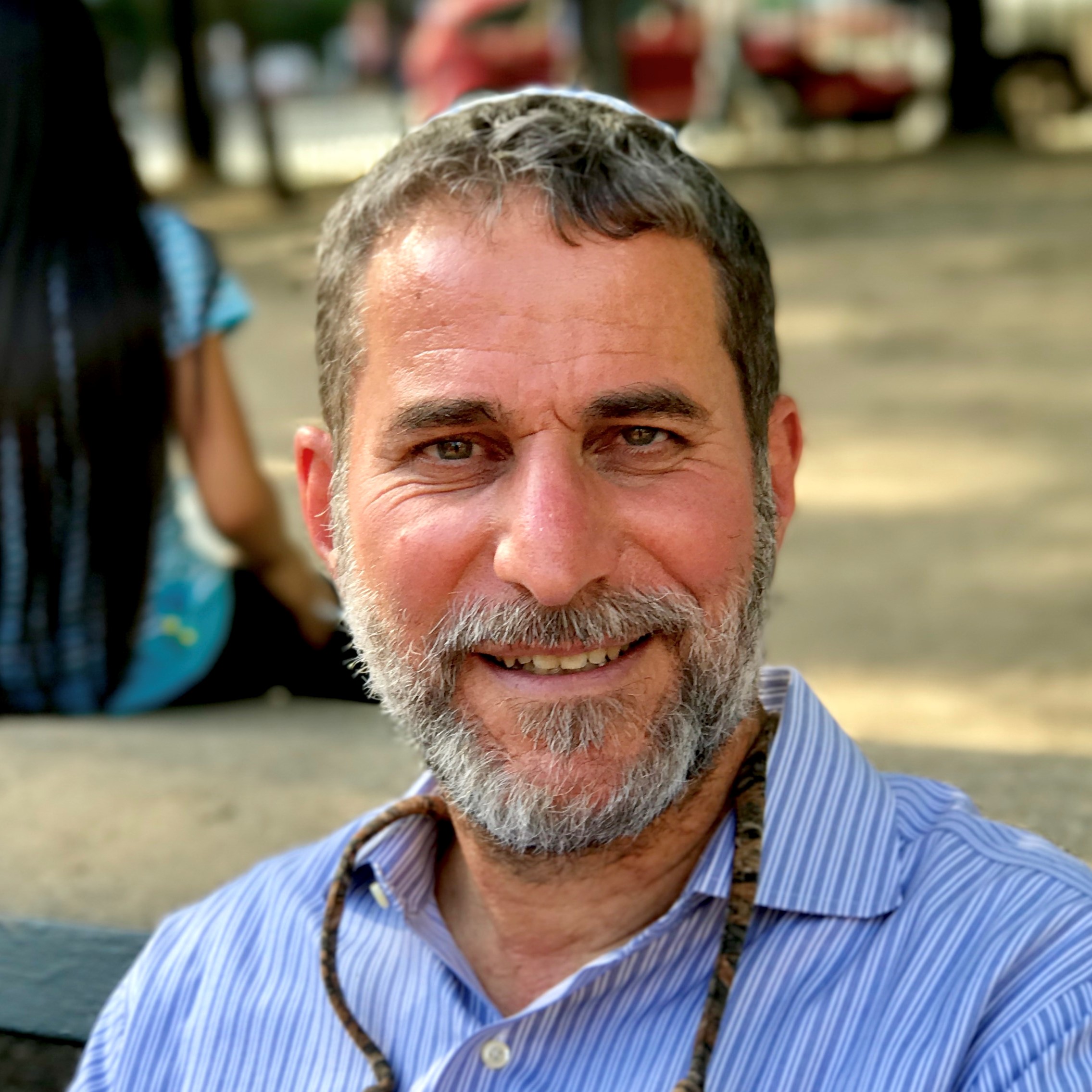47 Lessons

Holy People, Holy Land
Rabbi Jonathan Sacks | 13 Nissan 5784
Achrei Mos
Rabbi Berel Wein | 20 Shvat 5784
Achrei Mos
Rabbi Berel Wein | 20 Shvat 5784

Torah, in All Its Forms, Goes Forth From Zion
Speaking last week about the weekly Torah portion, we noted that on Israel Independence Day, Yom HaAtzma'ut, we should thank G-d not only for the historic formation of the State of Israel in our generation, but also for the fact that Israel today is a Torah powerhouse, the likes of which we've never seen in any generation. The number of Torah students today is the largest ever, and the amount of hours spent studying Torah is the largest ever – all this mainly thanks to the State of Israel. The level of Torah study here in Israel is also the highest in the entire Jewish world. (We also stated that we must increase our in-depth Torah study, which is the most important part of our engagement with Torah.)
Rabbi Yossef Carmel | Iyar 7 5783

Prepared to DeLIVER
In many places, the Torah forbids the consumption of blood. In the parsha of Acharei Mot, this prohibition of blood is mentioned. In Kedoshim there are nine references to blood, in the context of different prohibitions. This makes it appropriate to discuss the laws of preparing livers according to halacha.
Rabbi Yirmiyohu Kaganoff | Nissan 28 5782

The Scapegoat
The strangest and most dramatic element of the service on Yom Kippur, set out in Acharei Mot, was the ritual of the two goats, one offered as a sacrifice, the other sent away into the desert “to Azazel.”
Rabbi Jonathan Sacks | Nissan 23 5782
'Here is the way you shall enter'
In this week's Torah reading, why begin the description of the Avoda on Yom Kippur with telling us of the demise of the sons of Aaron?
Rabbi Yonatan Kirsch | Cheshvan 7 5782

Sprints and Marathons
Moses had to contend with both sides, inducing the Israelites to do teshuvah and God to exercise forgiveness. The good news is: there once was a Moses. what happens when there is no Moses?
Rabbi Jonathan Sacks | Iyar 10 5781

What is G-d's Area Code?
Why does only the Land of Israel "regurgitate its inhabitants" who break Torah laws that are forbidden no matter where one lives?
Baruch Gordon | Iyar 10 5781

How Many Stories Tall Is the Jewish People?
A well known Rabbinic adage emerges from the succession of the next 3 Torah portions: Acharei Mot, Kedoshim, Emor – “after their death, they say Holy!” That is, as soon as you are gone, they talk about how holy you were! But there is yet another spin we can give to this phrase by slightly moving the comma: After the death of the righteous, speak!
Rabbi Stewart Weiss | Iyar 10 5781
Our Obligation to Be Good
One question which has challenged Judaism throughout the ages is why do we need so many commandments to fulfill our obligation to be good, kind, and faithful?
Rabbi Berel Wein | Iyar 7 5781

Too Much of a Good Thing
Rabbi Stewart Weiss | Iyar 7 5780

What is G-d's Area Code?
Israel National Torah
In this week's Torah reading of "Acharei Mot", we're being warned not to engage in incest and adultery because the Canaanites who did so before us, are being thrown out of the land. On the other hand, other lands will tolerate it even though it is forbidden.
Baruch Gordon | Iyar 6 5780

Thinking Fast and Slow
Acharei Mot 5779
Acharei Mot 5779
Rabbi Jonathan Sacks | NIsan 19 5779

On the Centrality of Yerushalayim and on Vegetarianism
In this week’s Torah reading, we learn of a prohibition to slaughter an animal and not bring it as a sacrifice (Vayikra 17:1-7). In Parashat Eikev, the Torah allows one who is at a significant distance from the Mikdash to slaughter an animal and eat it locally (Devarim 12:21).
Rabbi Yossef Carmel | Iyar 2 5778

Could the Fruit on My Tree Be Orlah?
Rabbi Yirmiyohu Kaganoff | Iyar 6 5777

From Kriat Yam Suf to Yom Ha'atzma'ut
In these days after the seventh day of Pesach and around the time of the declaration of the State, we will try to explain the connection between two national historical events – “Brit Bein Hab’tarim” (covenant with Avram) and Kriat Yam Suf (splitting of the sea). David Hamelech describes Kriat Yam Suf in Hallel Hagadol as “to cut (gozer) the sea into strips (gezarim), forever is His kindness” (Tehillim 136:13). The use of the word “gozer” brings us to a new understanding of that event. The root of the splitting of the sea starts at the historical event of Brit Bein Hab’tarim. There the Torah used the word “Bein Hagezarim” (Bereishit 15:17) to describe the covenant with Avram.
Rabbi Yossef Carmel | Iyar 4 5777

Judaism’s Three Voices
Rabbi Jonathan Sacks | Iyar 4 5777
ACHREI-KEDOSHIM
Rabbi Berel Wein | 5775
